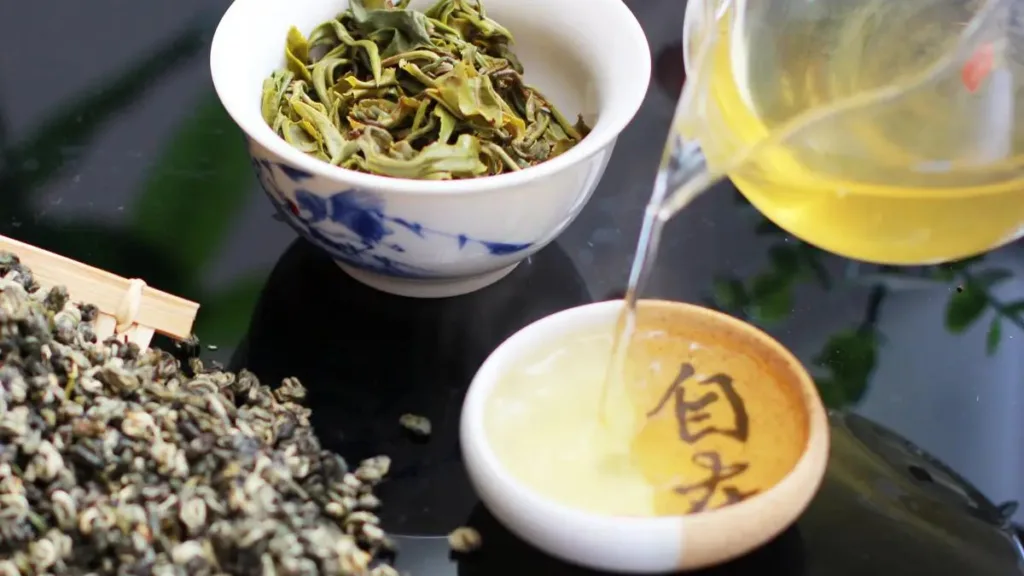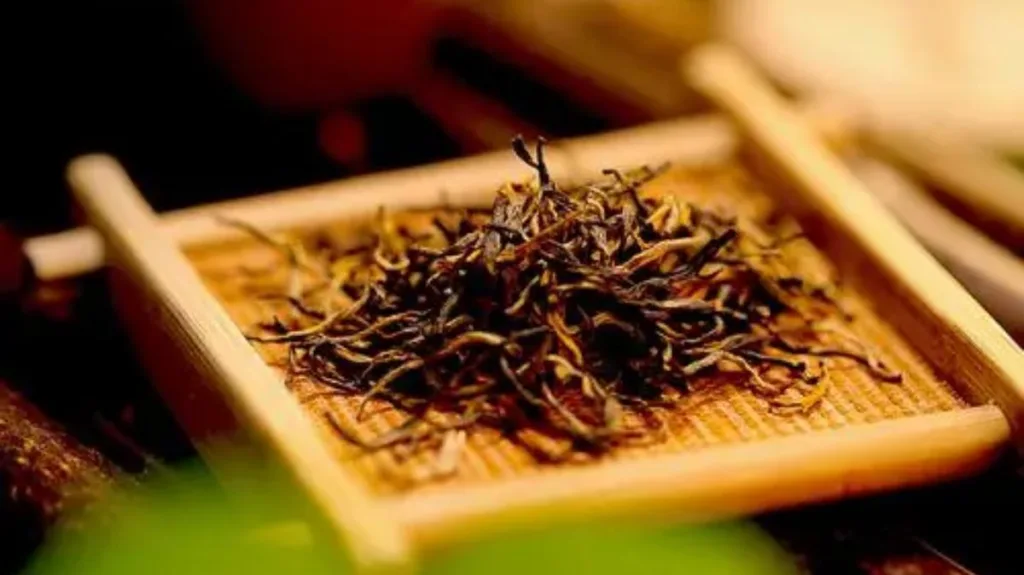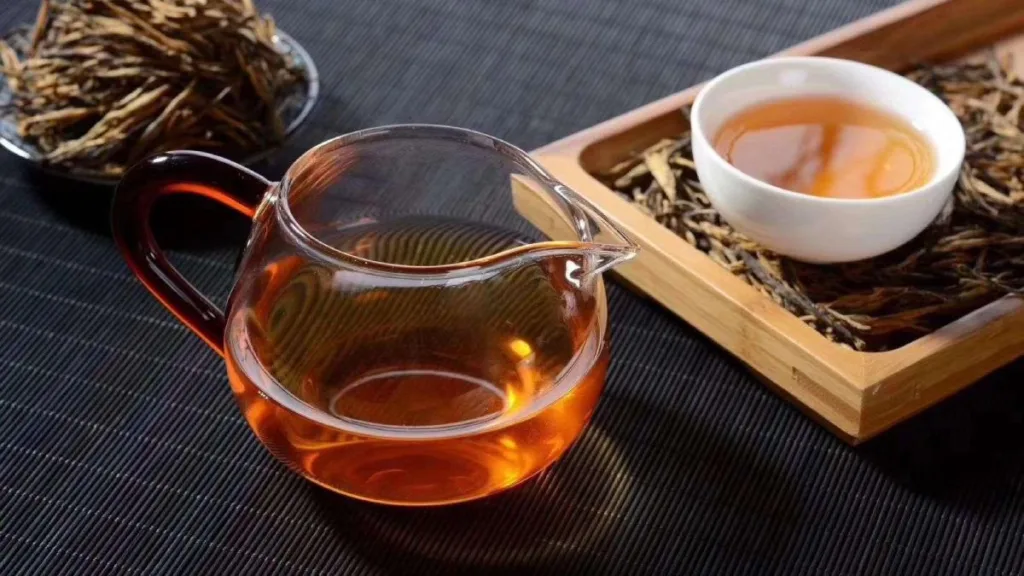Tea, an integral part of Chinese culture, differs fundamentally from the teas consumed in many other countries worldwide. This distinction is evident in two key aspects: the types of tea and the manner in which it is consumed. While the majority of tea consumed globally is black tea, China stands out as a nation where green tea dominates, constituting nearly 70% of the total tea production, largely consumed domestically.
The Chinese preference for clear tea, as opposed to tea blends common in other countries, is rooted in a tradition that spans millennia. But what is it about green tea that captivates the Chinese palate and culture? The reasons are twofold: its ancient origins and the myriad health benefits associated with regular consumption.
- Early Origins and Long History:
- Green tea holds the distinction of being one of the oldest types of tea, with roots dating back thousands of years.
- Over the centuries, a deep cultural connection has developed, making green tea an integral part of Chinese daily life.
- Health Benefits of Green Tea:
- High Content of Catechins: Among the six main types of tea, green tea boasts the highest levels of tea polyphenols, with catechins being particularly abundant. Catechins, such as epigallocatechin gallate (EGCG), are renowned for their health-promoting properties.
- World’s Top Health Beverage: Recognized by TIME magazine as one of the top ten healthiest foods globally, green tea has become synonymous with a beverage that nurtures both body and soul.
Specific Health Benefits:
- Antibacterial and Antiviral Properties: The catechins in green tea, notably EGCG, exhibit antibacterial properties, inhibiting the growth of harmful bacteria like E. coli and Vibrio cholerae. Additionally, green tea polyphenols have antiviral effects.
- Cardiovascular Health and Alzheimer’s Prevention: EGCG plays a vital role in preventing heart-related issues caused by stress-induced cardiac hypertrophy and oxidative stress. Regular consumption has been linked to lower rates of coronary artery disease, high blood pressure, and cholesterol levels. Moreover, green tea’s polyphenols have neuroprotective functions, potentially reducing the risk of Alzheimer’s disease.
- Radiation Protection and Anti-Aging: Studies suggest that green tea can mitigate the damage caused by harmful substances produced by UV radiation. Furthermore, the powerful antioxidants in green tea, known for their ability to eliminate free radicals, contribute to anti-aging effects.
- Weight Management and Cholesterol Reduction: The combined action of various compounds in green tea, such as catechins and polyphenols, contributes to weight management by reducing blood lipid levels and improving fat metabolism.
Additional Benefits:
- Immune Boosting: Regular consumption of green tea is associated with enhanced immune function.
- Stress and Anxiety Reduction: The amino acid L-theanine found in green tea has calming effects, helping to alleviate stress and anxiety.
- Memory Enhancement: Some studies suggest that green tea may have a positive impact on cognitive function and memory.
The Chinese affinity for green tea transcends mere tradition; it is a celebration of a beverage deeply intertwined with health and wellness. From its ancient origins to its position as a powerhouse of health benefits, green tea has earned its place as an elixir in Chinese culture. As modern science continues to uncover the multitude of advantages associated with green tea consumption, it becomes clear that the Chinese devotion to this beverage is grounded in both tradition and a profound understanding of its positive impact on human well-being.



